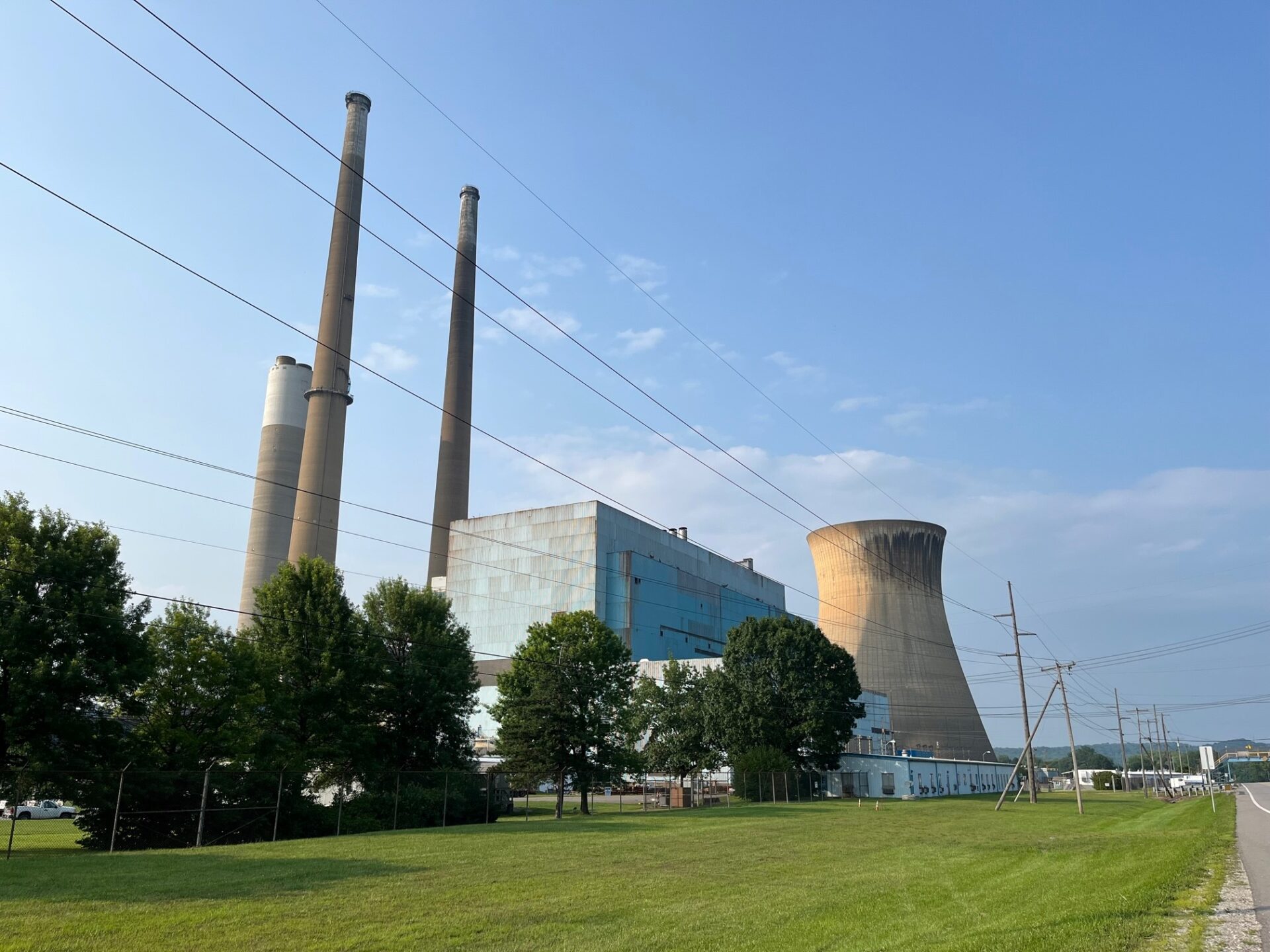With just two days left in the session, the Senate passed dozens of bills Thursday. Many of the bills related to issues of education that legislators have made a priority all session.
With just two days left in the session, the Senate passed dozens of bills Thursday. Many of the bills related to issues of education that legislators have made a priority all session.
House Bill 2346 declares a shortage of qualified bus operators and allows retired bus operators to accept employment without losing their retirement benefits.
Senate Education Committee Chair Sen. Amy Grady, R-Mason, said that an alarmingly large fiscal note that stymied a similar Senate bill from passing had been removed.
“One last important note Mr. President, I’d like to add is that originally, three sessions ago I saw a fiscal note of $999,999,999 and it is now at zero,” Grady said.
During discussion of the bill in committee, Grady – who is a teacher – said she has seen firsthand how the driver shortage is already interrupting students’ education.
The House of Delegates must now approve the Senate’s changes to the bill before it becomes law.
House Bill 2890 modifies student discipline guidelines for schools. The bill was amended twice on the floor to limit the application of new discipline provisions to grades six through 12, and exclude their application to elementary schools.
The new provisions primarily relate to when a student can be excluded from a classroom for behavior that obstructs the teaching or learning process of others. The bill now returns to the House for its approval of the changes.
House Bill 3035, in its original form, was intended to establish the state’s Grow Your Own program to facilitate a career path for high school students to pursue a career in education. However, after extensive amending, the bill no longer contains provisions for Grow Your Own, and is instead the vehicle for several other priority programs.
“This amendment will replace the House of Delegates method of promoting grade level proficiency in English language, arts and mathematics by grade three, which is the Third Grade Success Act that was part of Senate Bill 274, which has already passed the Senate earlier this session,” Grady said. “It would also remove provisions relating to the Grow Your Own program,” Grady said. “The amendment also adds in a modified version of House Bill 3293, which imposes requirements on the state board and local education agencies for addressing learning disabilities, including dyslexia and dyscalculia.”
Senate Bill 274, which had already passed out of the Senate, was similarly and significantly amended by the House Education Committee earlier this week, necessitating the addition of the Third Grade Success Act to House Bill 3035 to ensure it a chance to pass.
The bill is also pending House approval of the Senate’s amendments.
The Senate completed legislative action on House Bill 3224 adds West Virginia Junior College to the list of eligible institutions that can accept PROMISE scholarship recipients.
Sen. Ryan Weld, R-Brooke, said the change will help the state address its shortage of nurses.
“West Virginia junior college, they have three campuses around the state and one of the biggest programs that they have is their Registered Nurse program, training nurses at more than 10 locations around the state,” Weld said. “They’ve got an average of 400 students that they do, so I think that this legislation is going to help them build their student enrollment and will help West Virginians who want to become a nurse do so and help us with one of our bigger healthcare crisis that we have in the state.”
After a brief recess just after 1 p.m., the Senate returned to the floor and passed three other education bills.
House Bill 3369 completed legislative action and creates a School Safety Unit within the Division of Protective Services to conduct school safety inspections and make recommendations to county school personnel.
House Bill 3441, which completed legislative action, revises the training requirements for members of the Higher Education Policy Commission, while House Bill 3555 relates to student purchase and refunds of course material and awaits House approval.
Beyond Education
The Senate also passed out House Bill 2814, which would create a Hydrogen power task force to study Hydrogen energy in the state’s economy.
Sen. Randy E. Smith, R – Tucker, chair of the Senate Energy, Industry and Mining Committee, said the task force will look at everything regarding the power source, including sources of potential hydrogen in the state, and recommendations to prepare the state workforce for jobs in the new industry.
“The study will include a review of regulations and legislation needed to guide development of hydrogen energy and an examination of how the state can take advantage of incentives created by the federal Infrastructure Investment and Jobs Act,” he said.
The bill only needs its passage to be received by the House to complete legislative action.
Also passed out of the Senate was House Bill 3189, the PFAS Protection Act, which would identify and address sources of so-called “forever chemicals” to reduce toxic chemicals in drinking water supplies. The House must now approve the Senate’s changes to the bill before it becomes law.
